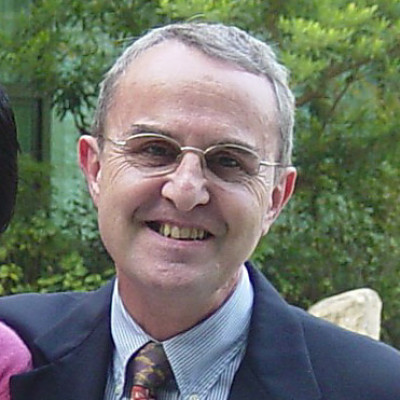Sessions /
Using discipline-specific corpora data-driven learning in an EFL-medium university setting
#77
With increasing cuts to the funding of direct EAP teaching at tertiary level, Data-driven Learning (DDL) as a vehicle for tertiary writing support has become an economic necessity. A key problem has been generating a streamlined concordancer that exclusively targets the learner-writer, with the sacrifices in complexity that entails. In this paper, we report on LegalEasy, a 26m. word single-genre database of judicial case reports. We follow in the footsteps of Crosthwaite (2019a, 2019b) and Frankenberg-Garcia (2019) in seeking to integrate concordancing and lexicography within the student writing process and produce resources that are transparent and intuitive for learner-writers. Therefore, LegalEasy search results feature linear concordanced displays of lexico-grammatical frequency patterns in the corpora. A key feature is that concordanced results are displayed in descending frequency, with one example per pattern found. Users are offered an initial focal choice between lexical POS combinations: a permutation of verb, noun and adjective [rarely adverbs]. Lexical searches tend to be over 90% nominal [e.g. legal concepts], so users will be offered three display options: Adj + N, N + N, or Vb + N; reasons for these decisions will be given. We then describe how we handle students’ writing and how LegalEasy fits into that process; the long-term aim is for students to become autonomous users of LegalEasy during the rest of their legal studies. Finally, we offer results of our analysis of student usage and of student evaluation of the online writing support offered by the LegalEasy program.
